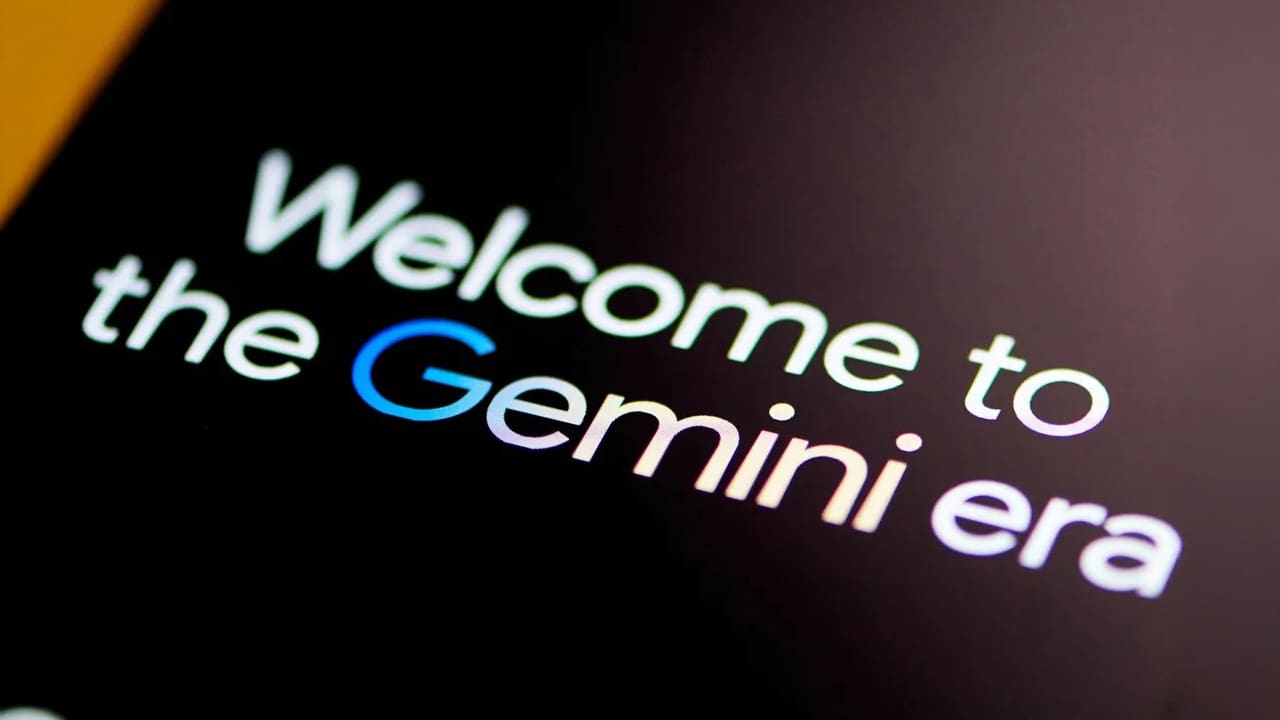Search No Longer Means Just Google or Bing… or Even Search Engines
Search is no longer what it used to be. Not so long ago, when people wanted answers, they’d type a query into Google or Bing, scan the links, and click through to a website. That was the rhythm of online discovery for years. But in 2025, things look very different, and it’s AI that’s reshaping the way we ask questions, where we look for answers, and what we expect when we search.
In fact, the idea of a traditional search engine (one that simply lists links without adding AI-generated summaries, answers or suggestions) has all but disappeared. Google is now Google + Gemini. Bing is Bing + ChatGPT. Even smaller players are layering in AI. Search engines as we knew them don’t really exist anymore.
I’ll say that again to make sure this point sinks in;
Search engines as we knew them don’t really exist anymore.
Search is no longer a single destination
Today, search isn’t about where we ask; it’s about how. AI has unlocked new ways for people to interact with information, and that’s changing the game. Where once we asked Google, now we might:
- Chat directly with AI platforms like ChatGPT, Gemini, DeepSeek, or Llama – asking complex, conversational questions that go beyond what we’d type into a search box.
- Search inside social media apps like TikTok, Instagram (powered by Meta’s Llama AI), YouTube or Reddit – where discovery happens as part of entertainment and community engagement.
- Use search engines that are no longer just search engines – Google, Bing, and others now act as AI assistants, blending search results with summaries, answers, and suggestions generated on the fly.
This shift means search has fragmented across more channels and more types of interactions. People are no longer loyal to one search tool; they’re using whatever feels easiest, fastest, and most useful for the question at hand.
The rise of discovery-first search
For younger audiences, traditional search engines aren’t always the first stop. Take TikTok: for many Gen Z users, it’s the go-to place for anything trend-related — fashion, beauty, health, events, or product recommendations. A high school student looking for a formal dress might open TikTok, not Google, to get inspiration, see reviews, and watch creators showing how an outfit looks in real life. That search experience feels personal, visual, and immediate, and users trust what they see.
Instagram plays a similar role. Powered behind the scenes by Meta’s Llama AI, it’s become a discovery tool for lifestyle, travel, food, and local businesses. People aren’t just scrolling for fun — they’re actively exploring and searching, often without leaving the app.
Reddit, meanwhile, has become so valuable for search that both Google and OpenAI now pay for access to its content. Why? Because more and more people are seeking authentic, experience-based answers. When someone searches for “best beginner camera 2025,” they’re not after a brand’s product page — they’re after a Reddit thread where real users share their honest opinions.
We’re asking more — and expecting more
AI has made it easier than ever to ask questions — and people are taking advantage of that. From simple queries like “Where’s the nearest coffee shop?” to complex requests like “Plan me a week-long family holiday under $5,000 with activities for teenagers,” people are asking more detailed, layered, and conversational questions than ever before.
Importantly, these questions aren’t going to one place. Someone might ask ChatGPT to plan the holiday, check TikTok for destination ideas, scan Reddit for honest reviews, and use Google Maps for logistics — all in a single session.
And what’s changed most is expectation. Users now want:
- Answers that feel personalised and immediate, not just a list of links.
- Responses that reflect context, such as location, preferences, or past queries.
- A seamless experience — no matter where they ask, they want the right answer, in the right format, straight away.
Search is now an ecosystem
What we’re seeing is a major shift: search is no longer a single tool or platform. It’s an ecosystem of AI-powered assistants, search engines, apps, and communities — all competing to be the place people turn to when they have a question.
For businesses, this means the idea of “search visibility” is changing. It’s no longer about ranking in one place. It’s about understanding where your audience is asking their questions — and what they’re expecting when they do.
